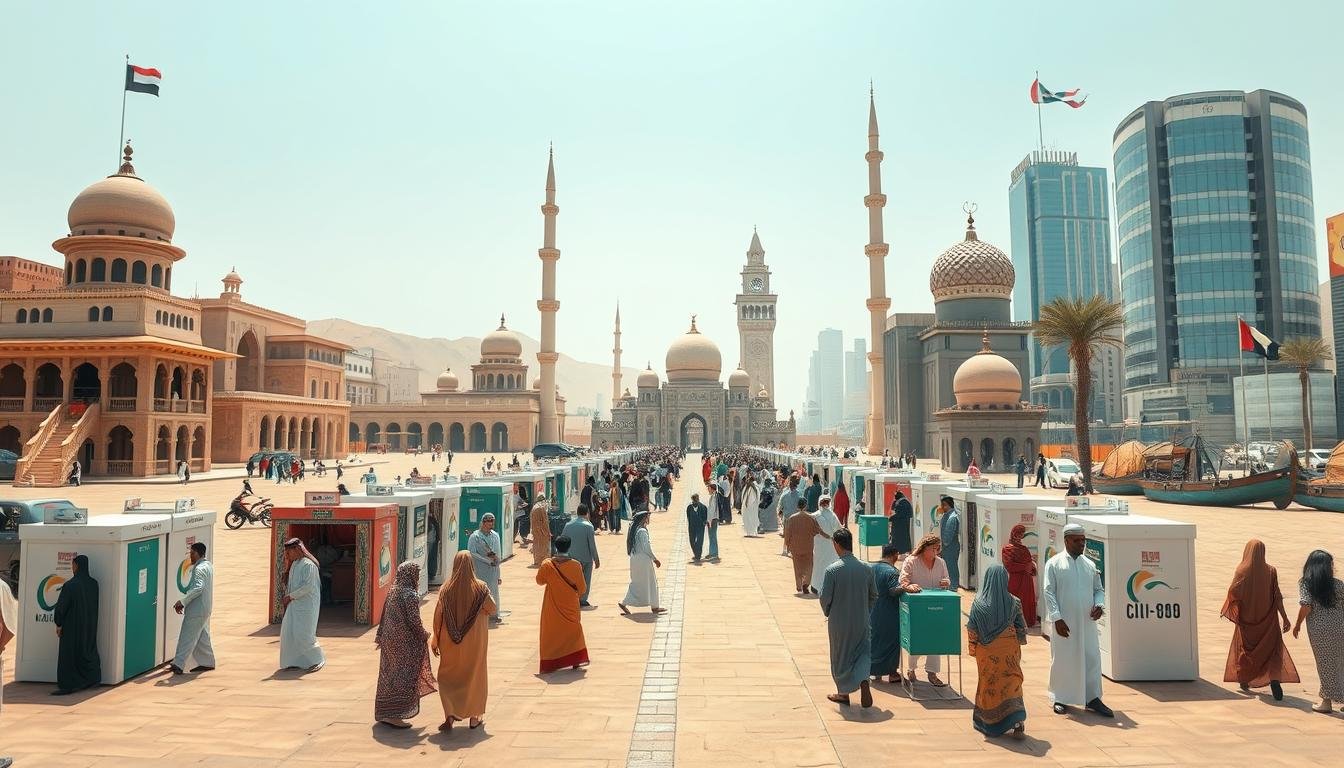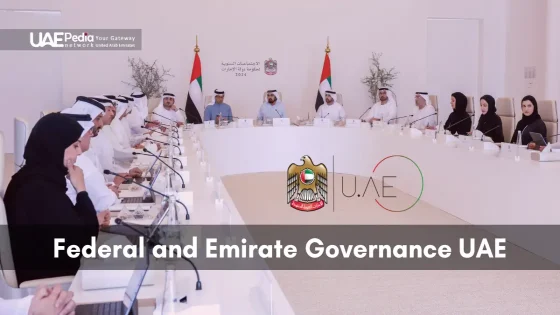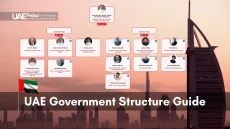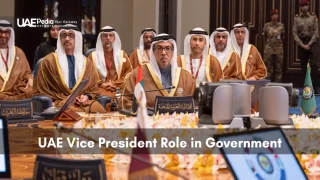How does a young nation balance tradition with democratic progress? The United Arab Emirates, a federation of seven emirates, has been navigating this complex terrain through its Federal National Council (FNC) elections. Since 2006, these elections have marked a significant shift in the UAE’s political landscape, fostering increased citizen participation in governance. Surprisingly, in just over a decade, the electoral college expanded from a mere 6,595 members in 2006 to an impressive 337,738 in 2019, reflecting the UAE’s commitment to broadening political engagement.
These elections represent a pivotal moment in UAE’s evolving democracy.
The process of Federal National Council elections in the UAE has undergone remarkable transformation since its inception. From the first electoral milestone in 2006 to the most recent election in October 2023, the UAE has held five elections, each marking a step forward in the nation’s political development. The FNC, serving as an advisory body with both legislative and supervisory roles, plays a crucial part in the UAE political structure.
As the United Arab Emirates continues to evolve its governance model, the significance of FNC elections in shaping the nation’s future cannot be overstated. These elections not only provide a platform for citizens to voice their concerns but also tackle pressing community issues such as national identity, employment, education, and health. The growing participation of women in these elections is particularly noteworthy, with women holding 22.2% of the total seats in the 2006 FNC elections, one of the highest rates of women’s representation in a country’s parliament globally at that time.
Historical Development and Evolution of FNC Elections in UAE

The United Arab Emirates has grown a lot since 1971. It started the Federal National Council (FNC) to help citizens vote. This shows the UAE’s push for more democracy.
First Electoral Milestone: The 2006 Elections
The first FNC elections were in 2006. This was a big step for the UAE’s democracy. In these elections, 6,595 members voted, with 456 candidates running.
Growth and Expansion: 2011-2019 Elections
Later elections saw more people voting. By 2011, 135,308 voters were part of the electoral college. In 2015, this number grew to 224,279. By 2019, it reached 337,000.
Electoral College Development and Voter Participation
The UAE Government worked hard to get more people to vote. More people voted over time. In 2015, 35.29% of voters cast their ballots.
Women’s role in voting has also grown. In 2011, 46% of the electoral college were women. By 2015, this number went up to 48%.
| Election Year | Electoral College Size | Women’s Representation |
|---|---|---|
| 2006 | 6,595 | Data not available |
| 2011 | 135,308 | 46% |
| 2015 | 224,279 | 48% |
| 2019 | 337,000 | Slightly over 50% |
UAE Federal National Council Elections: Structure and Implementation
The UAE’s electoral system is key in political participation. The Federal National Council (FNC) elections have a special model. Half of the 40 members are chosen by an electoral college.
This ensures a fair share of voices from all emirates.
Electoral System and Voting Procedures
The UAE’s voting system has changed for the better. In 2011, 13 polling stations started using electronic voting. This made voting easier and faster for everyone.
Candidate Eligibility and Registration Process
The National Election Committee checks who can run for office. Candidates must meet certain rules. This makes sure only the best people represent their communities in the FNC.
Role of the National Election Committee
The National Election Committee is very important. It handles voter registration, organizes elections, and checks the results. Their work keeps the elections fair and honest.
Women’s Participation and Representation
Women are playing a bigger role in UAE politics. Since 2019, half of the FNC must be women. In 2015, 74 out of 330 candidates were women.
This shows women are becoming more involved in politics.
| Year | Total Candidates | Women Candidates | Women’s Representation |
|---|---|---|---|
| 2015 | 330 | 74 | 22.4% |
| 2019 | 479 | 194 | 40.5% |
Conclusion
The UAE Federal National Council elections are a big step for the Gulf nation. Since 2006, more people have voted and more women have been elected. The use of electronic voting has made the process better and clearer.
The FNC has 40 members who give advice. Their role is important for making laws in the UAE. The council shows the Emirates’ effort to give everyone a say, thanks to the UAE’s constitution.
The future of FNC elections in the UAE looks good. The Emirates are a stable place in the Middle East. They are moving slowly towards more political freedom, unlike some other countries.
In short, the FNC elections show the UAE’s commitment to its people. They help the country deal with challenges while keeping its unique way of governing. This shows the Emirates’ path to growth and political progress.

















